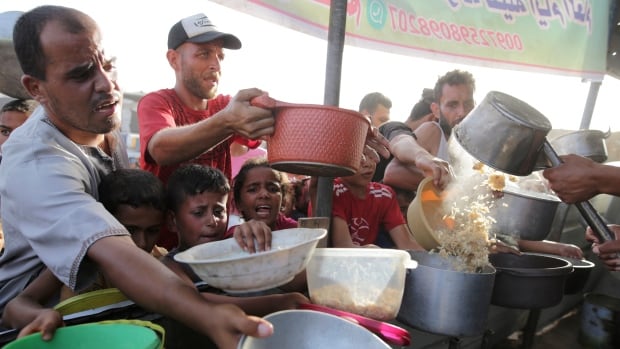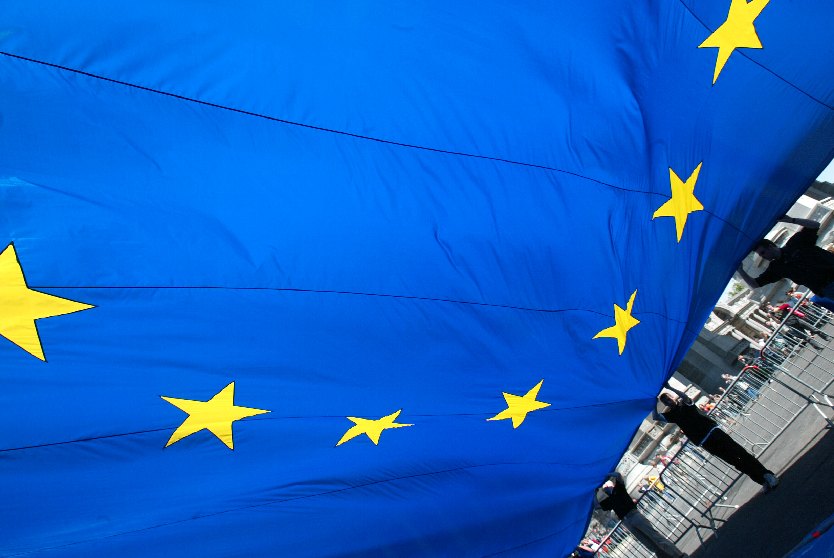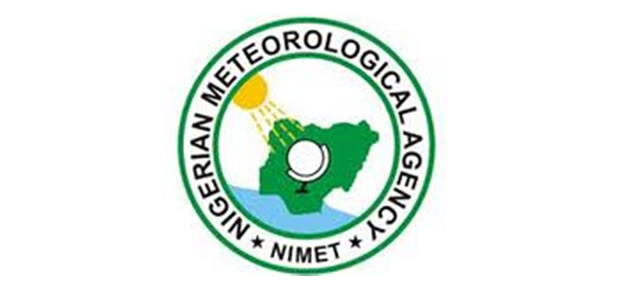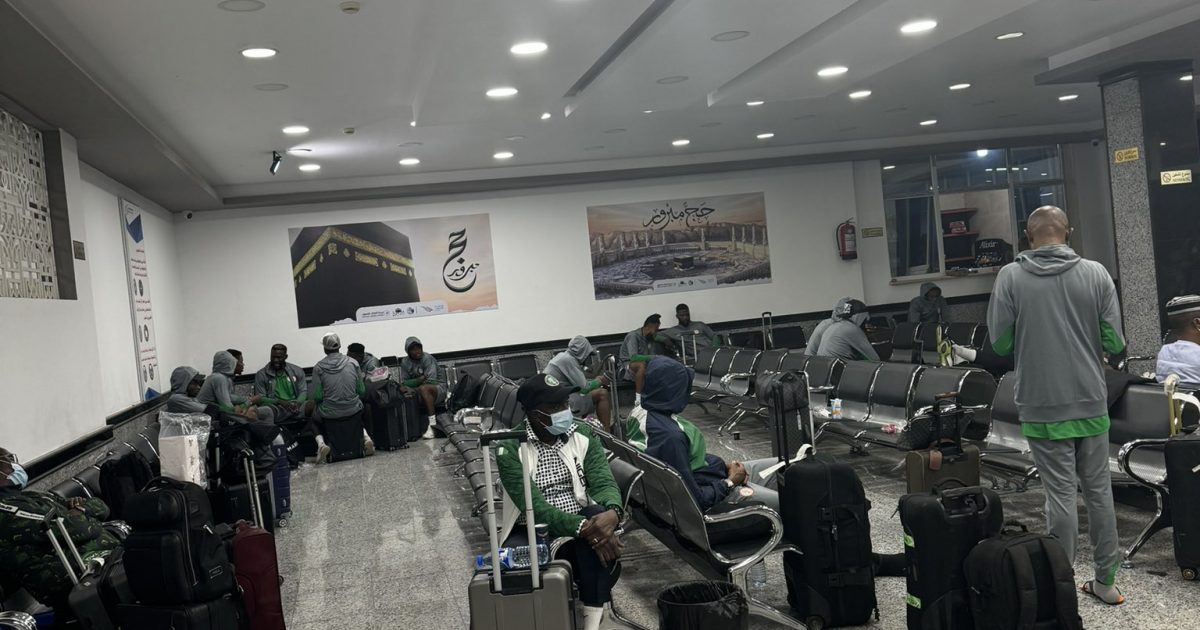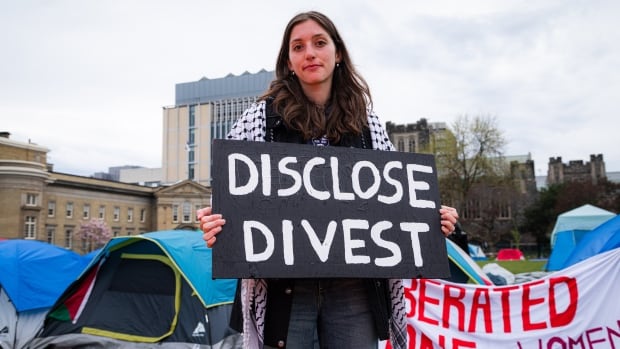Canada’s border guards sent 19 Afghans who failed their refugee claims back to Afghanistan in 2023 — even as the federal government continued to denounce the human rights record of the Taliban regime that took power more than three years ago.
The Canada Border Services Agency told CBC News that none of the Afghans who left last year had their cases dismissed on the basis of safety or security risks. The CBSA would not disclose further information, citing privacy and confidentiality concerns.
For the same reason, the CBSA also did not say how many of the 19 are women.
The removals occurred despite a federal Temporary Suspension of Removals order, or TSR, that has been in place for Afghan nationals since 1994.
The agency said a TSR is meant to “halt removals to a country or place when general conditions, such as armed conflict or an environmental disaster, pose a risk to the entire civilian population.”
It also said individuals who were found inadmissible “on grounds of criminality, serious criminality, international or human rights violations, organized crime, or security” can be removed despite a TSR.
The CBSA said the 19 who failed their refugee claims left Canada “voluntarily,” though it did not initially explain what it meant by that term.
In a later message to CBC News, it said “voluntarily” meant the Afghans were “aware that they benefit from a stay of removal due to the Temporary Suspension of Removal on Afghanistan but requested to have their removal order enforced despite the legislative stay.
“In other words, the individual was advised that they can remain in Canada until the TSR is lifted and they opted to return to Afghanistan.”
A UN expert recently called on Canada to grant refugee status to all female Afghan asylum seekers currently in Canada, citing an increasingly dangerous and oppressive atmosphere for women and girls in Afghanistan.
“Canada should match other gender-responsive nations by granting refugee status to all Afghan women and girls asylum seekers on its territory, given the pervasive gender persecution they face under the Taliban,” Richard Bennett, the UN special rapporteur on human rights in Afghanistan, said in a media statement he released after a working visit here last month.
In an interview airing Sunday on CBC’s Rosemary Barton Live, Bennett said he believes there is interest in this idea in other parts of the world.
“I was merely introducing what is happening in Europe already for Canada’s consideration,” he said, “especially as Canada has a feminist foreign policy.”
In late October, the Taliban issued an edict forbidding women and girls from praying or reciting verses from the Qu’ran together in the same room, effectively banning them from attending mosques.
The Taliban had already banned women from higher education, and girls from secondary school as well.
“It is in fact, I think, appalling, indeed atrocious that women especially are basically erased from society, unable to get an education beyond sixth grade. That’s the first, the only unique, the only country in the world where that’s the case,” Bennett said.
Immigration experts question removals
The CBSA also said it has removed 953 failed Afghan claimants since 2014 and only 82 of them were sent to Afghanistan, while the rest were sent to undisclosed third countries.
It said only five of those 82 people removed to Afghanistan were deemed inadmissible due to safety or security reasons and they “did not benefit from the Temporary Suspension of Removals.” It said the other 77 were also “voluntary” departures.
Of the 82 removed since 2014, it said, 25 were female. The agency would not break down its numbers by gender year over year, again citing privacy considerations.
Two immigration lawyers and a consultant are questioning the removals.
“It’s hard to imagine any Afghans voluntarily returning, without fleeing, without feeling coerced by circumstances like economic hardship, family pressure or the sheer lack of opportunities to stay in Canada or resettle elsewhere,” said Waheed Jalalzada, a Toronto-based immigration consultant who specializes in Afghan cases.

Aidan Simardone, an immigration lawyer, said a “voluntary” departure could involve someone who failed their test and is given a certain number of days to leave before they’re placed on a plane.
“Getting that letter can be quite scary sounding, and some people are like, ‘Oh no I don’t want to get into trouble, sure I’ll leave Canada,'” he said.
Simardone said he’s troubled by the number of women among those sent back to Afghanistan since 2014.
“You’d be shocked at how clear the facts are [about the danger facing women in Afghanistan] and yet refugee claims can still get denied,” he said.
Arghavan Gerami, an Ottawa-based immigration lawyer, said the CBSA could still respect privacy laws while being a little more forthcoming with information.

“It would be helpful for them to chime in and explain, because the blanket of privacy, confidentiality, that’s just a way of not answering the questions sometimes,” she said.
All three said the number of individuals removed to third countries is striking.
“It would have been unattractive for them as an option, and possibly unsafe, for them to go [to a third country],” Gerami said, adding that if they were failed refugee claimants in Canada, they likely did not find shelter in the first country they went to after leaving Afghanistan.
“The high reliance on third country removals raises significant questions about the adequacy of the protection for those being sent to other jurisdictions,” said Jalalzada. “I think this approach seems to shift responsibility rather than provide meaningful safety.”
Government undecided on blanket refugee status
In a media statement, Immigration Minister Marc Miller’s office said it has not made up its mind on providing blanket refugee status to all Afghan women and girls in Canada.
“We will not speculate on future decisions,” said a spokesperson.
The department also pointed out that Canada has welcomed some 54,000 Afghans here since the fall of Kabul to the Taliban, surpassing a commitment it made to bring in 40,000 in 2021.
It also said asylum claimants “receive an independent and fair assessment on the individual merits of their claim at the Immigration and Refugee Board of Canada.”
